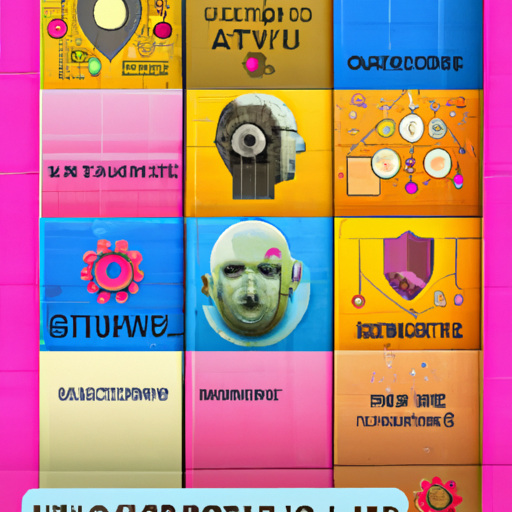The AI Glossary: A Handy Guide for Marketers
Why Artificial Intelligence Matters for Marketers
Artificial intelligence (AI) has become an integral part of the marketing landscape. It has the potential to revolutionize various aspects of marketing, from SEO research to campaign personalization, data analysis, and content creation. By leveraging AI tools, marketers can streamline their workflows, save time, and optimize their campaigns for better results.
One such tool is Campaign Assistant, which uses AI to generate copy for landing pages, emails, and ad campaigns. By inputting text prompts, marketers can quickly create high-quality content that resonates with their target audience. This not only saves time but also allows marketers to focus on other crucial tasks, such as campaign optimization.
In order to fully grasp the power and potential of AI in marketing, it’s essential to understand the key terms and concepts associated with this technology. This AI glossary provides a comprehensive guide to the most important AI terms that marketers need to know.
Artificial Intelligence Terms Marketers Need to Know
A – Algorithm
An algorithm is a formula that represents a relationship between variables. In the context of machine learning, algorithms are used to make predictions based on analyzed data. For example, social media platforms use algorithms to show users content that aligns with their preferences and previous behavior on the platform.
Artificial intelligence
Artificial intelligence refers to the field of computer science that focuses on creating machines that can perform tasks that would require human intelligence, such as learning, reasoning, problem-solving, and even recognizing patterns. AI has applications in various industries, including marketing.
Artificial General Intelligence (AGI)
AGI, also known as general intelligence, is the second stage of AI development. It describes systems that possess intelligence comparable to that of humans, enabling them to learn, adapt, and solve problems in new and unfamiliar situations. While we are currently in the early stages of AI, AGI remains mainly theoretical.
AI analytics
AI analytics involve using machine learning algorithms to process large volumes of data and identify patterns, trends, and relationships. AI analytics can be used by businesses to make data-driven decisions and gain a competitive edge. Unlike traditional analytics, AI analytics do not require human input, making the process faster and more efficient.
AI assistant
An AI assistant, often in the form of a chatbot or virtual assistant, uses artificial intelligence to understand and respond to human requests. AI assistants can automate repetitive tasks, schedule meetings, and answer questions, ultimately saving time and improving efficiency.
AI bias
AI bias refers to the idea that machine learning systems can be biased due to biased training data. This bias can potentially lead to the production of outputs that perpetuate stereotypes and harm specific communities. It is crucial for marketers to be aware of AI bias and take steps to mitigate its effects.
Why AI Matters for Marketers
Artificial intelligence has become a game-changer for marketers. It provides powerful tools and solutions that can streamline various marketing

